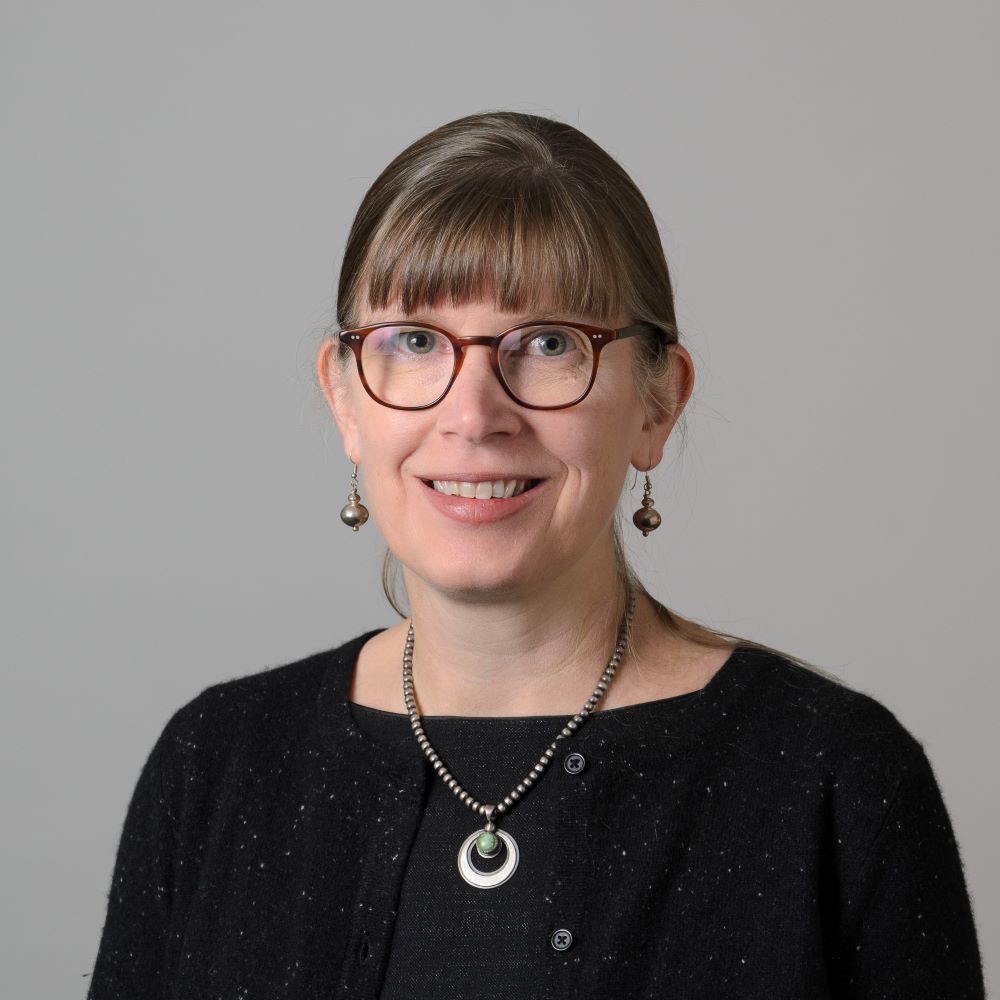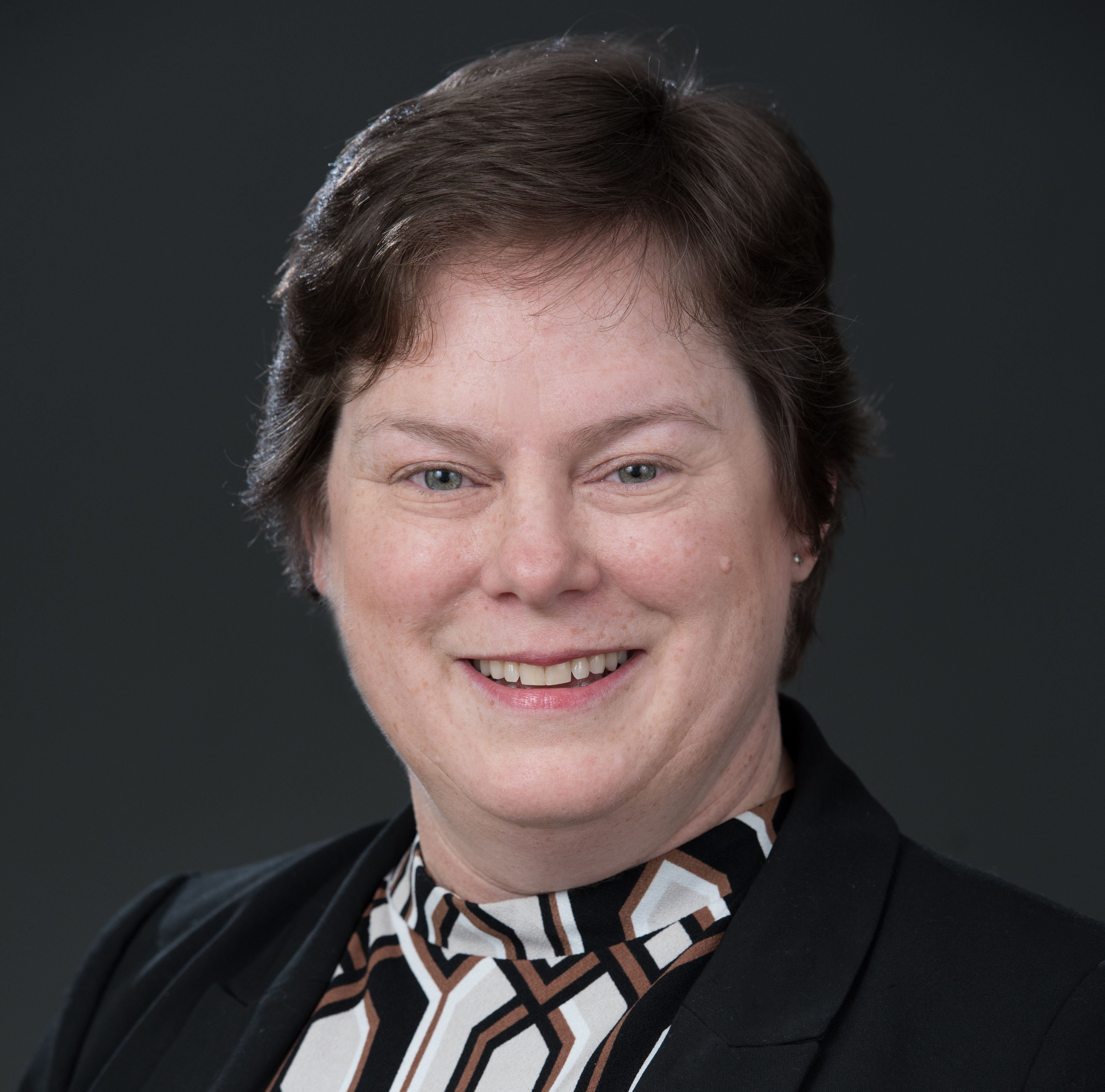SSW Associate Professor and Director of the Gladstein Family Human Rights Institute Kathryn Libal and Professor Megan Berthold presented research at the first-of-its-kind conference on refugee resettlement that brought together practitioners, researchers and public officials to explore “Reimaging Refugee Services in the United States.” The conference was cohosted by Arizona State University and Switchboard and funded by the Office of Refugee Resettlement (ORR), an office of the Administration for Children and Families.
Libal and Berthold were among a small number of academics engaged in refugee resettlement research, presenting their work before officials from the ORR and the Bureau of Population, Refugees, and Migration of the U.S. Department of State. Their plenary panel presentation, “Assessing the Promise and Challenges of Community-Based Approaches to U.S. Refugee Resettlement through a Qualitative Study” explored the opportunities and challenges of different models of refugee resettlement, including community and private sponsorship. These models gained support during the Biden Administration’s rapid resettlement of more than 70,000 Afghan evacuees and have been further enhanced by the recent launch of the Administration’s Welcome Corps program.
Their research is part of a broader team effort that has included Associate Professor Scott Harding and a number of doctoral students from the School of Social Work. The presentation, based on interviews with community and private sponsorship volunteers, service providers, and advocates, found that “greater resources must be devoted to local volunteers to help ensure sustainable outcomes for refugees, particularly in the arenas of accessing health care; social benefits; affordable, stable housing; and work paying an adequate wage.” The researchers also emphasized the need for training and support for community and private sponsorship group volunteers.
“Given how new the federal government’s support of private and community sponsorship of refugees is, this research provides critical insights for practitioners and those supporting Biden’s initiative,” said Libal. She added, “We expect that this research will help community and private sponsor groups to better understand the needs and interests of newcomers as well as the challenges of establishing stable lives in a context where the social safety net is relatively limited.”
Berthold added that it will support the “better preparation of social work students and social work and allied practitioners to understand the greatest challenges reported by refugees and asylum seekers in transitioning to the United States and how to meet their health, mental health, and social service needs.”
Researchers who attended the conference continue to meet and have formed an interdisciplinary working group. They plan to organize a workshop next year at UConn.
Libal, Berthold, Harding, and several Ph.D. students involved in the research are preparing to launch the next phase of the project, which will include interviews with refugees and asylum seekers to learn more about their experiences while being supported by community sponsorship groups.

Associate Professor Kathryn Libal

Professor Megan Berthold